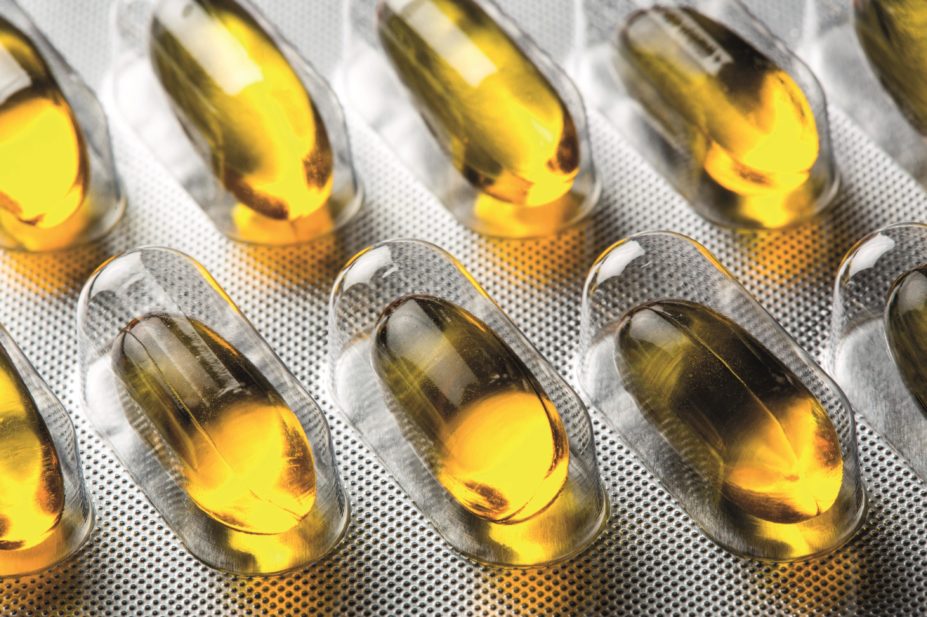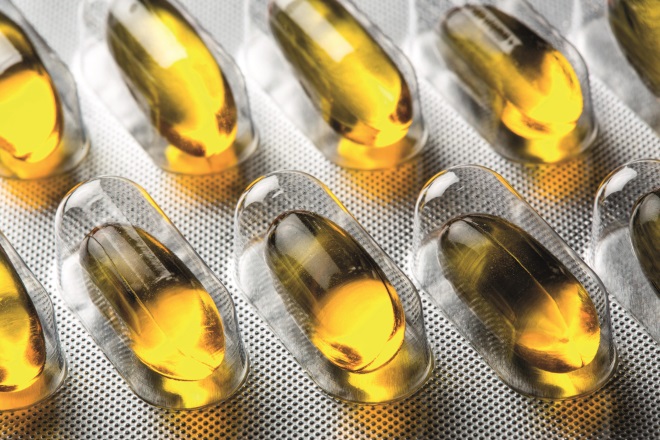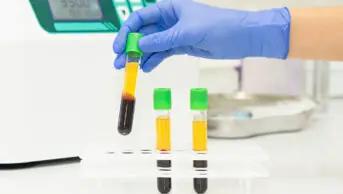
Shutterstock.com
Open access article
The Royal Pharmaceutical Society has made this article free to access in order to help healthcare professionals stay informed about an issue of national importance.
To learn more about coronavirus, please visit: https://www.rpharms.com/resources/pharmacy-guides/wuhan-novel-coronavirus

Source: Shutterstock.com
The guidance states that vitamin D should not be offered for the prevention or treatment of COVID-19, except as part of a clinical trial
There is not enough evidence to support taking vitamin D solely to prevent or treat COVID-19, according to rapid guidance published by the National Institute for Health and Care Excellence (NICE).
In collaboration with Public Health England (PHE) and the Scientific Advisory Committee on Nutrition, NICE conducted a rapid review evaluating evidence from recent studies on vitamin D in relation to COVID-19.
The expert panel, which considered all of the available scientific evidence — including observational studies and randomised controlled trials (RCTs) — concluded that, although it supported current government advice for everyone to take the supplement throughout the autumn and winter to maintain bone and muscle health, it was not possible to determine a direct relationship between vitamin D and COVID-19.
The guidance therefore states that vitamin D should not be offered for the prevention or treatment of COVID-19, except as part of a clinical trial. It also recommends that further research, preferably high quality RCTs, be conducted on the subject.
“While there is insufficient evidence to recommend vitamin D for the prevention or treatment of COVID-19 at this time, we encourage people to follow government advice on taking the supplement throughout the autumn and winter period,” said Paul Chrisp, director of the Centre for Guidelines at NICE.
“As research continues on the impact of vitamin D on COVID-19, we are continuing to monitor evidence as it is published, and will review and update the guidance if necessary.”
Alison Tedstone, chief nutritionist at PHE, said that it advised that everyone — particularly the elderly, those who don’t get outside and those with dark skin — takes a vitamin D supplement containing 10 micrograms (400IU) every day, from October to early March.
“This year, the advice is more important than ever with more people spending more time inside,” she added.
A cross-ethnic analyses of 440,581 UK Biobank participants, published in Clinical Nutrition
, found that severe vitamin D deficiency remained an issue throughout the UK, particularly in lower socioeconomic areas.
The researchers said that, in some groups, levels of deficiency were “alarmingly high” with one-half of Asian and one-third of Black African ancestry populations affected across seasons.
“Of almost half a million people surveyed, we found that 57% of Asians were severely deficient in vitamin D (levels below 25 nmol/L) in winter/spring and 50.8% in summer and autumn,” said Joshua Sutherland, a PhD student at the University of South Australia and lead author of the study.
“Black Africans were the next most vulnerable (38.5% deficient in winter and 30.8% in summer), followed by mixed race people and Chinese participants. White Europeans had the lowest prevalence of vitamin D deficiency but many are still affected.”


